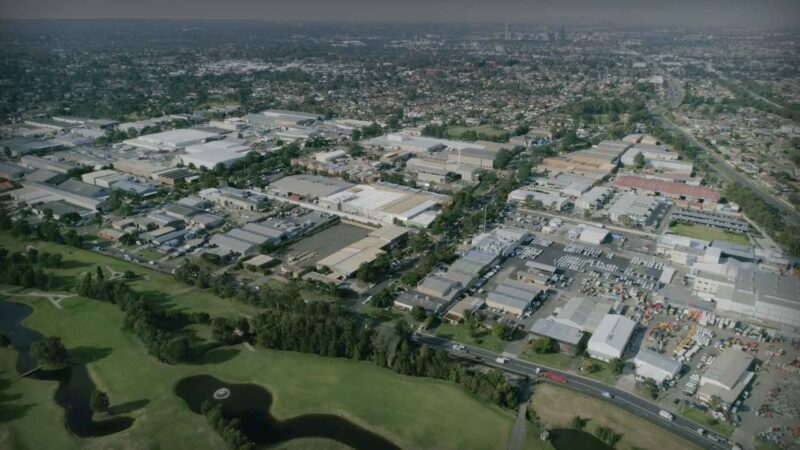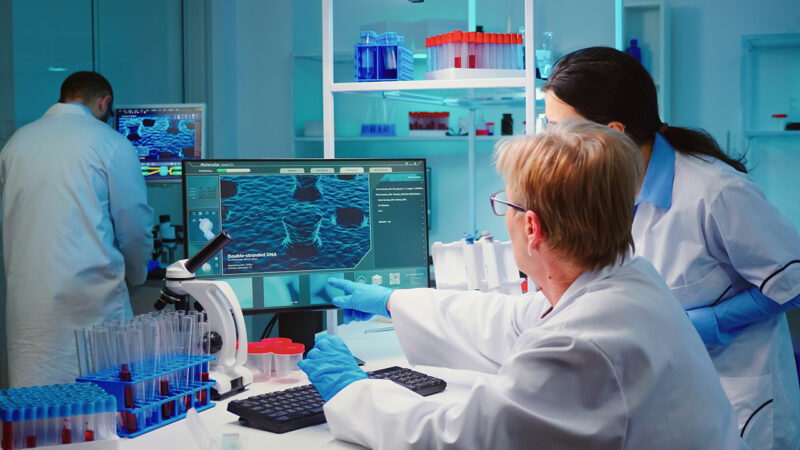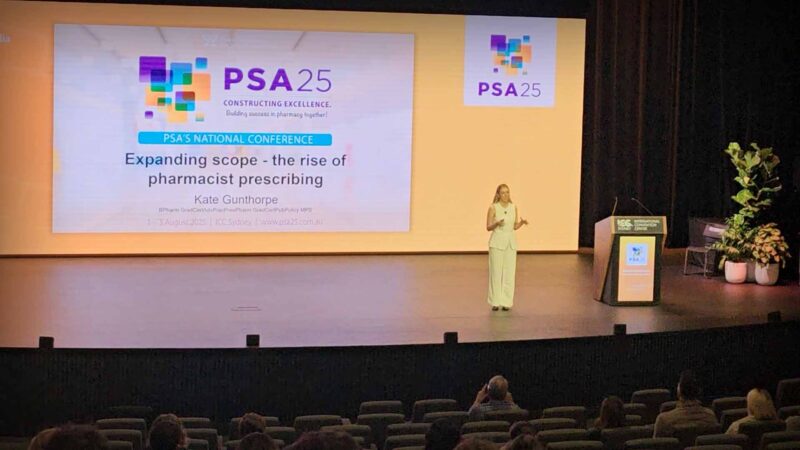CASE STUDY: EVOLUTION IN THE MEDICAL DEVICE SUPPLY CHAIN Cardinal Health and DHL discuss trust and partnership in logistics and back office
With
Steve Thompsett, CEO
DHL Supply Chain Australia and New Zealand
Michael Gardner,
(Former) VP Life Sciences & Healthcare
DHL Supply Chain Australia
Shane McCormack,
Senior Manager Supply Chain
Cardinal Health
Australian Health Journal segment
Filmed in Sydney | April 2025
Supply chain and logistics involve managing products globally, from manufacturing to distribution. This includes international shipping via air and sea, storing products in temperature-controlled warehouses, and delivering them to pharmacies, medical wholesalers, and hospitals within the domestic market.
Michael Gardner, (Former) VP Life Sciences & Healthcare, DHL Supply Chain Australia spoke to Australian Health Journal about the medical device industry being particularly complex; onboarding a new customer at DHL supply chain demands thorough preparation. This process involves understanding the customer’s operations and the lifecycle of their products, from their arrival at the warehouse to their use in patient care. Insight into the customer’s expectations is crucial to ensure seamless operations.
For Cardinal Health, a global manufacturer and distributor of medical products, the process begins when products arrive in Australia and are cleared by customs before being stored at their Sydney warehouse. From here, they fulfil orders for various clients, including hospitals and wholesalers, supported by DHL’s logistics services.
In this case study, Australian Health Journal was given the opportunity to talk to both the logistics provider and the end medical technology client in what is an evolving medical device supply chain.
Challenges in Australia include a limited manufacturing workforce and the distances to raw material sources, with all imported products being finished goods. Compliance with safety and regulatory standards is essential. In addition to logistics, DHL provides value-added services like equipment repairs and a 4PL service, which includes customer service support and accounts receivable, enhancing efficiency for Cardinal Health.
Credit: MedTech24 Conference, hosted by Medical Technology Association of Australia (MTAA) in Sydney, October 2024.
Source: Written by AUDIENCED, with use of generative AI on transcript
You Might also like
-
Access and productivity outcomes with radiology technology in Western Sydney
In Western Sydney, there is currently significant growth accompanied by a notable need for cardiovascular support due to the prevalence of related diseases. It is estimated that the population in this area will reach 6 million by 2041.
With this population growth, there is also a pressing shortage of healthcare professionals in Australia, particularly in the field of radiology, where there are not enough radiographers, sonographers, MRI technicians, and nuclear medicine technicians.
-
Stronger patient involvement in new medicines
New strategic agreement between Medicines Industry and Government means stronger patient involvement in new medicines.
Medicines Australia has secured a 5-year Strategic Agreement with the Federal Government, centered on earlier patient involvement and influence in the availability of new medicines in Australia.
-
Pharmacist Prescribing Model gets further support from state health
A full scope pharmacist prescriber model allows pharmacists to independently prescribe medicines within their professional competence, without requiring prior doctor authorisation. It extends pharmacists’ role beyond dispensing to include assessment, diagnosis of minor and chronic conditions, initiation and modification of therapy, and ongoing patient monitoring. This model integrates pharmacists into primary care teams, aiming to improve timely access to treatment, reduce pressure on general practitioners, and enhance continuity of care. Pharmacists use their clinical knowledge, patient records, and collaborative pathways to ensure safe prescribing. The model emphasises training, regulation, and accountability to maintain high standards of patient safety.



